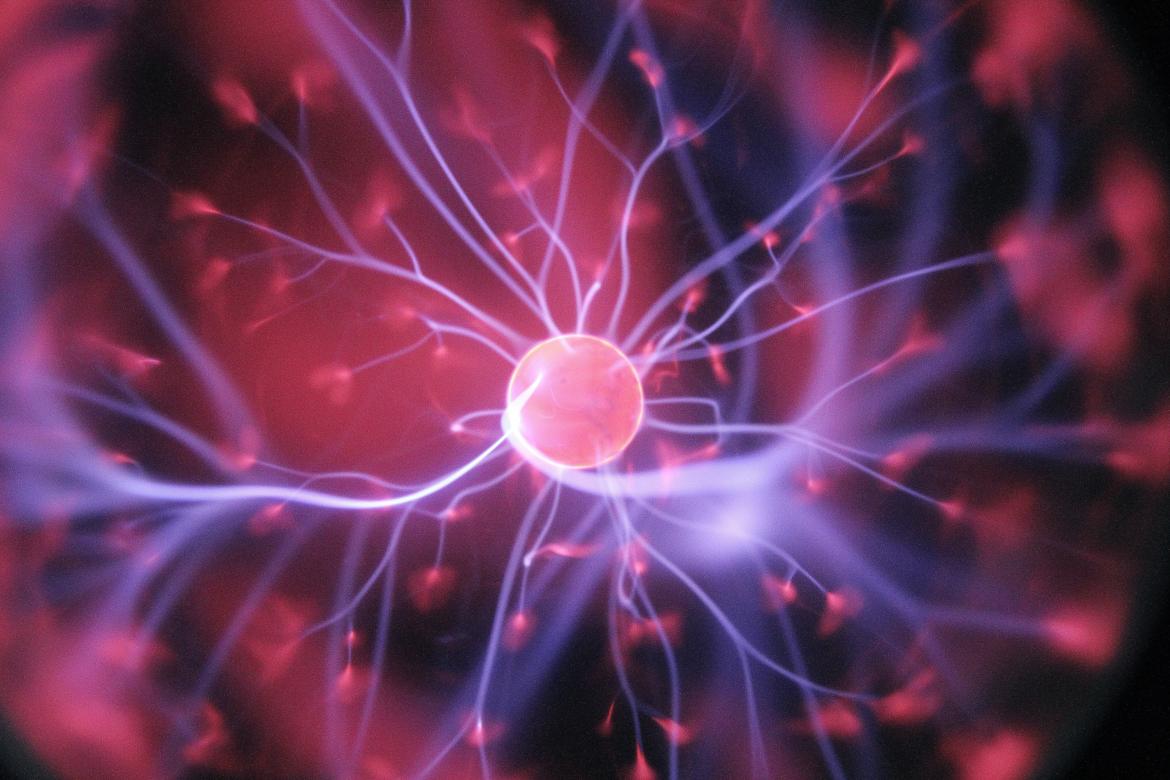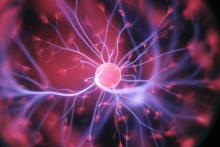Towards new frontiers
Scientific excellence in natural sciences increasingly contributes to achieving the EU’s shared goals, establishing a leading role in industry, and shaping an innovative economy. Similarly, industry and research are in permanent need for devices to make new discoveries and create new products based in natural sciences. Regardless of the task researchers undertake, it usually contributes to a closer integration of the field. Physics and mathematics find their expression in chemistry and biology, and discoveries on the smallest possible scale contribute to explorations of the depths of both space and earth.
One of the paths that is most actively being developed within natural sciences in Latvia is material science. From the invention and testing of new nanomaterials, like nanoceramics and polymer nanocomposites, to the development of new sensors, or new medical applications of 3D printing in medicine., material science brings together a wide variety of local researchers, like physicists from UL ISSP, leading chemists from LIOS, engineers from RTU, and medical researchers from RSU. Their joint efforts have strengthened the role of Latvian research within EU research networks and in global value chains.
Recently, efficient platforms like Materize at ISSP (materize.com) are being developed in order to foster industry collaboration and innovation and to provide business-friendly scientific expertise. Here, the knowledge of 200 researchers is reshaped into processes and language easily accessible by society and industry. Materize provides businesses and other interested parties with nanomaterials and nanoceramics, thin films and coatings, fibre optic components, semiconductors, and other materials for electronics.
Concerns about climate change and geopolitical security meet energy-related research missions that are being carried out by several research bodies in Latvia. Different endeavours are directed towards finding new ways and materials for how to store and reduce energy consumption (e.g., at RTU) on one side, and new sources of sustainable energy on the other.
Latvian researchers also contribute to missions by the European Space Agency. By 2019, more than 30 space-related projects have been supported and carried out at universities like Ventspils University of Applied Sciences and RTU, at independent research institutes, as well as in the research and development departments of several business enterprises. Excellence in knowledge production quickly finds its applications also in this field. The local start-up Time Tag. Space is a recent example, which just triumphed at the world’s largest space technology conference Satellite 2019 by applying technology created at the Institute of Electronics and Computer Science.
Aside from research, several local companies produce high-quality laboratory devices and production systems necessary for research, for example laboratory and industrial scale bioreactor producers BTC, or laboratory research equipment producer Biosan.
Representing a new scale of industrial collaboration, the European branch of the sequencing equipment giant BGI is located in Riga.

